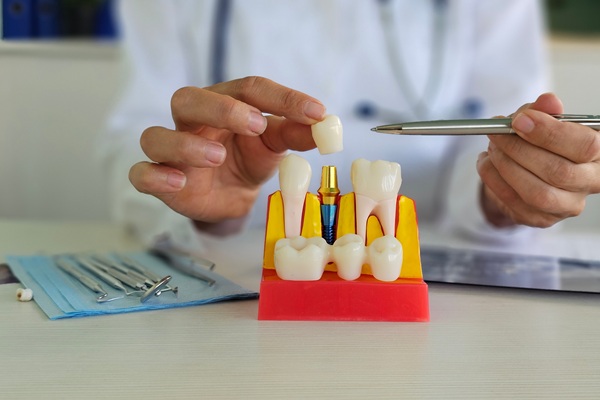 Dental bonding is an effective restorative procedure for many dental issues, including tooth sensitivity. Read on to learn more about dental bonding. Dental sensitivity affects almost everyone at some point in their lives. Very hot or cold foods or liquids may cause a person’s teeth to become irritated. Knowing how to manage or approach sensitivity will be beneficial for those who are unsure of what to do. This article covers dental bonding and how it works for people with teeth sensitivity.
Dental bonding is an effective restorative procedure for many dental issues, including tooth sensitivity. Read on to learn more about dental bonding. Dental sensitivity affects almost everyone at some point in their lives. Very hot or cold foods or liquids may cause a person’s teeth to become irritated. Knowing how to manage or approach sensitivity will be beneficial for those who are unsure of what to do. This article covers dental bonding and how it works for people with teeth sensitivity.
Dental bonding for teeth sensitivity
Dental bonding can be used to treat various dental issues. The primary purpose of dental bonding is to protect the tooth. The sensation of exposure to hot or cold foods and liquids is unpleasant. A dental bonding technique can protect the teeth from this irritation.
Compared to other options like dental crowns and veneers, dental bonding is outstanding as a tooth restoration treatment that does not require enamel removal. The dentist will only need to roughen and moisten the teeth during the preparation process. After that, they will use the tooth-colored composite material for the bonding process. The procedure is typically straightforward, non-invasive, and quick.
The sensitive parts of the teeth may become more apparent following a professional dental cleaning, especially if the patient has not undergone one in a long time. Debriding or scraping a bacterial plaque that has been stuck to the teeth for a while may leave some demineralized or even cavitated patches on the tooth or gum area. This means that the tooth’s structure is breached and more vulnerable since the spots were covered by plaque and tartar and may not have been severely sensitive. However, after exposure, the pain will intensify. Simply drinking a glass of somewhat chilled water or brushing the teeth might cause serious pain.
The dentin (the second layer of the tooth, which makes up most of the tooth’s structure) contains small nerve fibers, and these become uncovered after the enamel is breached. The dentin is excellent at sensing temperature variations, but it does so by transmitting pain signals to the brain.
Bonding effectively protects the nerve endings from the food eaten, beverage, and even air. As a result, the teeth will become less sensitive after bonding. The extra layer of composite coating used in dental bonding adheres to the enamel and protects it from high temperatures or anything that might cause intense sensitivity.
Using dental bonding
A dentist may roughen the tooth enamel for the adhesive agent to adhere to it. After applying the adhesive, the affected part of the tooth is covered with composite resin. The composite resin used in dental bonding is white, giving the tooth a natural appearance. The dentist will smooth it into place. A special light is sometimes used to harden the resin.
Considering dental bonding?
If you have additional questions about composite resin and its application for teeth sensitivity, reach out to our dental office today for an appointment.
Request an appointment or call Prince William Dental at 703-662-8287 for an appointment in our Gainesville office.
Recent Posts
Dental bonding is not a permanent solution. This is in contrast to dental veneers, which are considered a permanent solution and are used for similar reasons as dental bonding. However, dental bonding can last for several years if the teeth are cared for properly.The following discussion highlights what the dental bonding procedure involves and why…
Dental bonding can fix minor to moderate concerns with teeth, such as chips, cracks, worn-down enamel, and more. Read on to learn more about dental bonding and its uses. It is helpful to understand how dental bonding can benefit your oral health to determine if treatment is right for you or if another form of…
Dental bonding is a multi-purpose procedure that provides patients with restorative and cosmetic benefits. Improving the way a person’s smile looks helps to increase their confidence, and restoring damaged teeth protects them against a wide range of dental and general issues.Repairing teeth with dental bonding does not require the dentist to make any permanent restorations…


